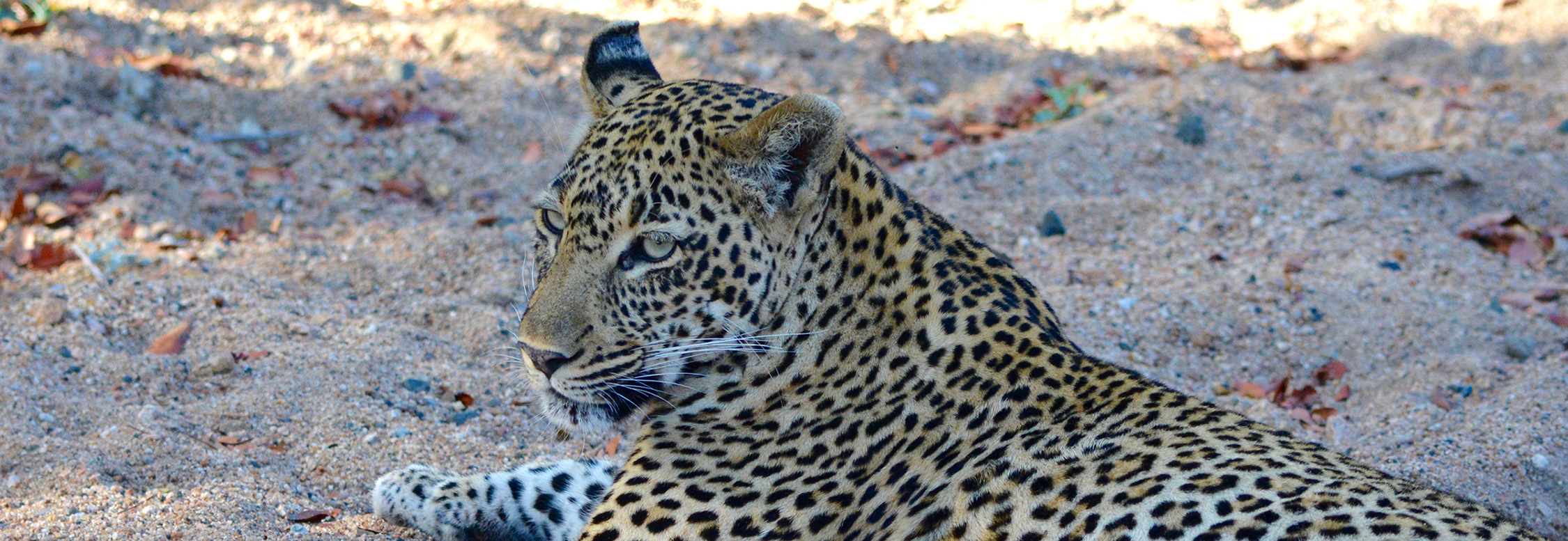
Vermont for Wildlife
The Bills
In January 2019 Vermont legislators introduced a bill:
S.29 — An act relating to trade in covered animal parts or products
This bill proposes to prohibit the purchase, sale, offer for sale, or possession with intent to sell of any item that a person knows or should know is a covered animal part or product. A covered animal product would be defined as an item that contains, or is wholly or partially made from, a covered animal. A covered animal would be defined as any species of: cheetah, elephant, giraffe, hippopotamus, jaguar, leopard, lion, mammoth, mastodon, pangolin, ray, rhinoceros, sea turtle, shark, tiger, or whale. The bill would include exceptions from the prohibition on the purchase, sale, offer for sale, or possession of intent to sell a covered animal product for fixed components of an antique or musical instrument and for activities authorized by federal law or conducted by federal or State employees.
An identical bill was introduced in the Vermont House. H.99 —An act relating to trade in covered animal parts or products — has over 30 co-sponsors.
https://legislature.vermont.gov/bill/status/2020/S.29
https://legislature.vermont.gov/bill/status/2020/H.99
Link for the full bill:
https://legislature.vermont.gov/Documents/2020/Docs/BILLS/S-0029/S-0029%20As%20Introduced.pdf
The bills would ban the sale or purchase within the state of parts and products from rare animals whose populations are threatened by commercial trade.
Covered animals will likely include the following species and groups of species:
- Cheetahs;
- Elephants;
- Giraffes;
- Hippopotamus;
- Jaguars;
- Leopards;
- Lions;
- Mammoth;
- Mastodon;
- Pangolins;
- Rays;
- Rhinoceros;
- Sea turtles;
- Sharks;
- Tigers;
- Whales.
Join us today! Contact us to add your name to our all-volunteer list to learn how you can make sure that our 2019 House and Senate Bills are made into LAW.
WHY IS STATE LEGISLATION NEEDED?
Wildlife trafficking is currently one of the top five black market crimes in the world. While federal laws exist to protect some species, not all are covered. In addition, even where federal laws exist, loopholes exist that limit their effectiveness.
Under the current administration, the need for a state bill to ban the sale of ivory and other parts and products from endangered species is even more pronounced. That’s because the administration is in the process of dismantling the Endangered Species Act, a law that has been the backbone of wildlife conservation since 1973.
Vermont for Wildlife founder Ashley McAvey explains the critical importance of continued ivory and rhino horn trade bans in the United States in her May 2018 article published in Medium:
https://medium.com/@tusktaskforce/seven-down-forty-three-to-go-975e8cc0dabe
SIMILAR STATE LAWS
Several states have already passed legislation to ban the sale of elephant ivory, rhino horn and other products from endangered animals within their boundaries. These include (in order of passage): New Jersey, New York, California, Washington, Hawaii, Oregon, Nevada, New Hampshire, Illinois, and Minnesota.
Links on similar state legislation:
Proposed Bans on Ivory Sales Halted by Interest Groups, Pew Trusts, January 10, 2018
Citizens Spur States to Ban Trade in Ivory and Rhino Horn, National Geographic, April 6, 2015